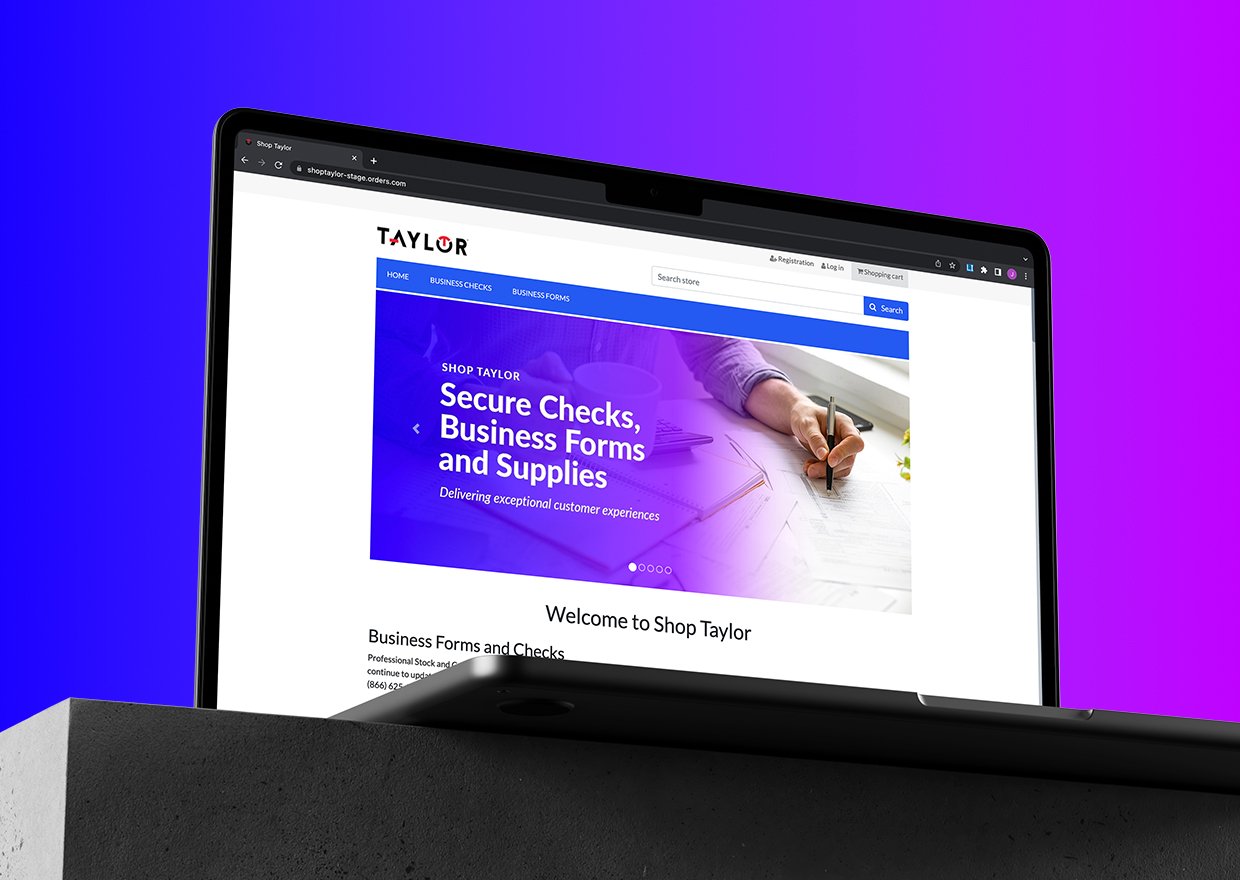A recent Freshbooks survey finally quantified what entrepreneurs have felt for years: Roughly 80% of U.S. small business owners surveyed admitted that they feel increased levels of stress during tax season.
 Just how much added stress? In a lighthearted spin on the topic, 60% said they would choose to do one or more of the following rather than file their small business tax forms:
Just how much added stress? In a lighthearted spin on the topic, 60% said they would choose to do one or more of the following rather than file their small business tax forms:
- Get a root canal
- Remove a nest of angry bees
- Hang out with their mother-in-law for the day
In all seriousness, tax season is a trying time for most small businesses and one of the most common causes of that stress is largely preventable. Many small business owners confess that their stress ultimately comes from not understanding what they can do to be better prepared to file.
This blog will address the issue head-on. Keep reading to learn about the various types of businesses taxes, the essential tax forms every small business owner should know about, and the types of consequences that may result from inaccurate or late filings of small business tax forms.
The 5 Types of Business Taxes

The Internal Revenue Service (IRS) website holds a wealth of practical information and should be the small business owner’s first resource for all things tax related. For starters, the IRS clearly spells out the five general types of business taxes that you should know about. Always consult your tax advisor for guidance related to the specific tax filing obligations of your business.
1 – Income Tax
As noted by the IRS, all businesses except partnerships must file an annual income tax return. Your business structure will determine which type of income tax return form you must file:
- Sole proprietorships
- Partnerships (information return)
- Corporations
- S corporations
- Limited liability companies (LLCs)
2 – Estimated Tax
Generally speaking, businesses are required to pay taxes on income throughout the year by making regular estimated tax payments. The IRS website has all the details.
3 – Self-Employment Tax
The self-employment tax is a Social Security and Medicare tax that applies to small business owners who work for themselves. This “SE” tax contributes to your coverage under the Social Security system which, in turn, provides you with benefits related to retirement, disability, hospitalization and more.
Self-employment tax is ripe with special rules and exceptions related to everything from resident aliens to fishing crews. Here again, go to the IRS website to learn more.
4 – Employment Taxes
Any small business that has employees is responsible for filing and making payments related to the following:
- Social Security and Medicare
- Federal income tax withholding
- Federal unemployment tax, or FUTA
The IRS’ Employment Taxes for Small Businesses page is an excellent resource.
5 – Excise Tax
Excise taxes may apply to small businesses that manufacture or sell certain types of products, receive payments for specific types of services, or use various types of equipment noted by the IRS. For example, there are excise taxes related to fuel consumption, the use of heavy vehicles on public highways, gambling activities and more. It is a subset of income taxation all to itself and requires deeper reading on IRS.gov — and a chat with your tax advisor.
The 4 Most Common Small Business Tax Forms

The IRS issues more than 800 tax forms and schedules and no single blog could ever address all of them. However, for a small business, most filing stress is usually related to tax reporting on behalf of employees and contract workers. These are the four key forms to know about regarding employees, employment taxes and independent contractors.
Form W-2
This is the big one. Through Form W-2, small businesses must report the wages, tips and other compensation paid to each individual employee as well as the amount of income, Social Security and Medicare taxes withheld on their behalf. W-2s must be provided to employees by Jan. 31 each year to aid them in filing their own individual income tax returns.
Form 1099
There are a variety of different use cases for Form 1099. However, for a small business, Form 1099-NEC is most often used to report the non-employment income paid to freelancers and independent contractors during the year. In simple terms, Form 1099-NEC functions somewhat like a W-2 but for your non-employee contract workers. Here again, Jan. 31 is the deadline to remember.
Form 1095-C
Form 1095-C was brought about by the Affordable Care Act (ACA). It is used by Applicable Large Employers (ALEs) to report information about the health insurance offered to employees. An ALE is defined as an employer with an average of 50+ full-time employees working 30+ hours per week during the prior calendar year. Form 1095-C is provided by an ALE to any employee who worked an average of 30 or more hours per week during the tax year.
Form 1096
Sometimes tax forms trigger or are accompanied by other tax forms. Form 1096 is an example. If your small business files paper versions of Forms 1099, 1098, 1097 or several others, you must also file Form 1096. Known as the “Annual Summary and Transmittal of U.S. Information Returns,” Form 1096 summarizes the information contained in those other forms. For small businesses, it is most often filed alongside the 1099s used to report payments made to independent contractors (i.e., Form 1099-NEC).
The Consequences of Late of Inaccurate Tax Filings
Failure to file tax forms in accordance with IRS requirements can have a variety of ramifications for a small business. The most obvious, of course, is the potential of incurring penalties.
Consider Form 1099-NEC as an example. If a small business files Form 1099-NEC more than 30 days past the Jan. 31 deadline, but before Aug. 1, it may potentially be penalized $120 per form. Wait until after Aug. 1 to file and the penalty rises to $310 per form. Show “intentional disregard” for the requirement to file and the penalty soars to $570 per form.
Thus, if a small business has multiple independent contractors and is lax in its 1099 filing practices, it may incur thousands of dollars in penalties. The penalties for Form W-2 are similar and are even higher in the case of intentional disregard.
However, there are also “soft costs” associated with filing tax forms incorrectly. Your employees and independent contractors find tax season stressful, too, and are often eager to file their individual income tax returns as quickly as possible. Fail to supply your employees with W-2s by Jan. 31 and you will undoubtedly create angst and frustration among your most valuable asset — your talent. Likewise, showing disregard for 1099s will alienate your independent contractors and make it more difficult to hire them in the future.
In the end, tax filings and business reputation are often closely correlated. Small businesses that focus the appropriate time and energy on required tax filings are also likely to be well-managed, ethical and highly regarded in the business community. The opposite also tends to be true. Businesses that are lax with tax-related matters most likely take shortcuts in other areas — and will eventually earn a reputation to match.
A Faster, Easier Way to Order Small Business Tax Forms
Shop Taylor simplifies tax filing for small businesses. All of the following small business tax forms are available for easy online ordering:
- W-2 forms for small businesses
- 1099 forms for small businesses including Forms 1099-NEC, 1099-MISC and 1099-R
- Other small business tax forms including Forms 1095-C, 1096, 1098, 5498 and W-3
- Tax form envelopes in various double-window formats with both self-seal and gummed closures
- Additional custom business forms and secure business checks designed to meet specific business needs
Small businesses can minimize the pain of tax filing through thoughtful preparation. Follow the links above to order tax forms and envelopes in advance and ensure a smooth filing process.







